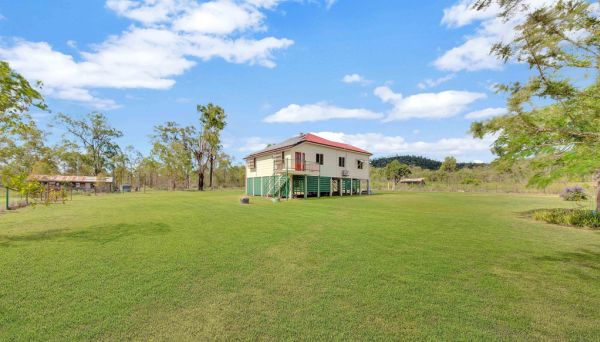Land tax is assessed based on the value of just the land, not the home.
Land tax can be one of the major costs of owning an investment property.
It’s an annual tax levied on all properties valued above a certain amount, although there are some exclusions.
Land tax is based on the value of the land only, not the property value, and does not include the value of any buildings on the lot.
But if the value of your land is wrongly calculated, it could cost you $20,000 or more to correct the amount the state says you have to pay.
How is land tax calculated?
Land tax is calculated on the total value of all your taxable land above the land tax threshold.
It’s levied by each state and territory (except the Northern Territory) and different rules, rates and thresholds apply across each jurisdiction. Your local state revenue office website will have details of your state’s rules.
In general, land tax is not levied on the family home, on farm land or on properties with a taxable value below the state’s threshold.
The amount payable varies from state to state and depending on whether you live in the property. For instance, according to the Victorian state revenue office’s land tax calculator, absentee owners with taxable land with a value of $1 million will pay $22,975, while property owners who live on the premises will pay $2975.
In NSW, property owners with $1 million in taxable land, excluding their residence, can expect to pay tax of $4356 whether they live in the property or properties or not. If you are a foreign resident, you’ll pay a $20,000 surcharge on top of this amount.
“Typically, land tax is paid on investment properties, holiday homes, separate car spaces, a property you buy for your children to live in, non-residential properties such as a shop and other assets outside the family home,” says certified practising valuer James Ruben, a director at national valuation firm m3property.
Owners of holiday houses often need to pay land tax.
Land tax is based on the value of the land only, explains Ridhwan Hannan, senior tax accountant from One Path Accountants. It’s also tax deductible and should be claimed against the income produced by any investment properties against which it is levied.
“It is assessed by the state government’s valuer-general and is subject to change based on market conditions, including demand and property prices. But in many instances values may be wrong or over-inflated,” he adds.
No land tax is payable if the combined value of your land does not exceed the threshold, says Mark Chapman, H&R Block director of tax communications. “If the value is above the land tax threshold, you pay tax for the entire amount over the threshold,” he says.
If you’re buying an investment property, it’s important to do a land tax search and get a land tax clearance certificate as part of the conveyancing process. This is because unpaid land tax creates a first charge on the land in priority to all other encumbrances, says James Ballantyne, principal of Ballantyne Law Group, who notes this is the process in Queensland.
“The owner of the land is liable to pay any land tax to the commissioner, who may recover that amount as a debt,” says Ballantyne.
“But if the buyer obtains a clearance certificate and later finds there is outstanding land tax, the commissioner can’t recover the land tax from the buyer, provided the buyer has purchased for value and in good faith,” he notes.
How to correct mistakes
In most jurisdictions, property owners can object to the assessment of the underlying land value for no cost, says Ruben. “But remember the value is not your property value, but the value of the land if the property wasn’t there. It is absolutely vital that any objection is based on sales evidence.”
When making any objection, include data about sales of surrounding homes that have recently been purchased or demolished, as well as vacant lots. “If the valuer-general considers your objection to have merit, it may appoint an independent external valuer to reconsider the valuation of your land and provide a new assessment,” he adds.
“But if you need legal assistance to challenge the amount, fees could range from a couple of thousand dollars up to more than $20,000 if the matter proceeds to the Supreme Court,” says Ballantyne. In most states, you have 60 days to contest the valuation after receiving a notice of assessment.
Compare your land value with recently sold vacant lots when contesting a valuation.
Hannan explains there is an appeals process through which property owners identify which of their properties they believe have been incorrectly assessed. Valuations found to be inaccurate may be adjusted, based on comparable properties.
“The review process does not cost any money but commissioning a valuer to prepare a new value is at the owner’s cost,” Hannan said.
If you think your land tax has been incorrectly calculated, the idea is to compare the value at which the land has been assessed against other similar properties and follow the right steps in your state to have it amended.
Article courtesy of domain.com.au

